MLOps Bootcamp: Mastering AI Operations for Success - AIOps
Loại khoá học: Data Science
Unlock success in AI Operations with our MLOps Bootcamp – mastering tools,techniques, AIOps for cutting-edge expertise
Mô tả
Welcome to our extensive MLOps Bootcamp (AI Ops Bootcamp), a transformative learning journey designed to equip you with the skills and knowledge essential for success in the dynamic field of Machine Learning Operations (MLOps). This comprehensive program covers a diverse range of topics, from Python and Data Science fundamentals to advanced Machine Learning workflows, Git essentials, Docker for Machine Learning, CI/CD pipelines, and beyond.
Curriculum Overview:
1. Python for MLOps:
Dive into the fundamentals of Python tailored specifically for MLOps.
Explore Python's role in streamlining and enhancing Machine Learning processes.
Develop proficiency in leveraging Python for effective MLOps practices.
2. Python for Data Science:
Uncover the power of Python in the context of Data Science.
Learn essential data manipulation and analysis techniques using Python.
Understand how Python enhances the entire data science lifecycle.
3. Git and GitHub Fundamentals:
Master the essentials of version control with Git.
Understand how GitHub facilitates collaborative development in MLOps.
Learn to manage and track changes effectively within MLOps projects.
4. Packaging the ML Models:
Delve into the art of packaging Machine Learning models.
Explore different packaging techniques and their implications.
Ensure your ML models are easily deployable and reproducible.
5. MLflow - Manage ML Experiments:
Learn to effectively manage and track Machine Learning experiments.
Understand the features and benefits of MLflow for experiment tracking and management.
Implement MLflow in your MLOps projects for enhanced experimentation.
6. Crash Course on YAML:
Acquire a solid foundation in YAML, a key configuration language.
Learn how YAML is used in MLOps for configuration and deployment.
Gain practical skills in writing and interpreting YAML files.
7. Docker for Machine Learning:
Explore Docker and its role in containerizing Machine Learning applications.
Understand the advantages of containerization for MLOps.
Learn to build and deploy Docker containers for Machine Learning projects.
8. Build MLApps using FastAPI:
Dive into FastAPI, a modern, fast web framework for building APIs.
Learn to develop ML applications using FastAPI for efficient and scalable deployments.
Implement best practices for building robust MLApps.
9. Build MLApps using Streamlit:
Explore Streamlit, a powerful framework for creating interactive web applications.
Develop hands-on experience in building MLApps with Streamlit.
Understand how Streamlit enhances the user interface for Machine Learning applications.
10. Build MLApps using Flask:
Gain proficiency in Flask, a popular web framework for Python.
Learn to build and deploy Machine Learning applications using Flask.
Understand the integration of Flask with MLOps workflows.
11. CI/CD for Machine Learning:
Explore Continuous Integration and Continuous Deployment (CI/CD) pipelines in the context of MLOps.
Implement automation to streamline the development, testing, and deployment of ML models.
Learn to build robust CI/CD workflows for Machine Learning projects.
12. Linux Operating System for DevOps and Data Scientists:
Understand the fundamentals of the Linux operating system.
Explore how Linux is essential for both DevOps and Data Scientists in MLOps.
Gain practical skills in working with Linux for MLOps tasks.
13. Working with Jenkins:
Dive into Jenkins, an open-source automation server.
Learn to set up and configure Jenkins for automating MLOps workflows.
Understand how Jenkins enhances the efficiency of continuous integration and deployment in MLOps.
14. Monitoring and Debugging of ML System:
Gain insights into effective monitoring and debugging strategies for MLOps.
Learn tools and techniques to identify and address issues in Machine Learning systems.
Implement best practices for maintaining the health and performance of ML systems.
15. Continuous Monitoring with Prometheus:
Explore Prometheus, an open-source monitoring and alerting toolkit.
Learn to set up continuous monitoring for MLOps using Prometheus.
Understand how Prometheus enhances observability in Machine Learning applications.
16. Deploy Applications with Docker Compose:
Extend your Docker skills by mastering Docker Compose.
Learn to deploy multi-container applications seamlessly using Docker Compose.
Understand how Docker Compose enhances the deployment of complex MLOps architectures.
17. Continuous Monitoring of Machine Learning Application:
Dive into continuous monitoring practices specifically tailored for Machine Learning applications.
Explore tools and strategies to ensure ongoing performance monitoring in MLOps.
Implement solutions for proactively addressing issues in production ML systems.
18. Monitor the ML System with WhyLogs:
Explore WhyLogs, a data logging library for Machine Learning.
Learn how WhyLogs facilitates efficient monitoring and logging of ML data.
Implement WhyLogs to enhance the observability and traceability of your ML system.
19. Post Productionizing ML Models:
Understand the crucial steps involved in post-productionizing Machine Learning models.
Explore strategies for maintaining and updating ML models in a production environment.
Gain insights into best practices for ensuring the long-term success of deployed ML systems.
Conclusion:
Embark on this comprehensive MLOps Bootcamp to transform your skills and elevate your proficiency in the dynamic and ever-evolving field of Machine Learning Operations. Whether you are a seasoned professional or just starting your journey in MLOps, this program provides the knowledge, tools, and practical experience needed to succeed in implementing robust and efficient Machine Learning workflows. Join us and become a master of MLOps, ready to tackle the challenges of the modern AI landscape with confidence and expertise.
Bạn sẽ học được gì
Yêu cầu
Nội dung khoá học
Viết Bình Luận
Khoá học liên quan

Đăng ký get khoá học Udemy - Unica - Gitiho giá chỉ 50k!
Get khoá học giá rẻ ngay trước khi bị fix.



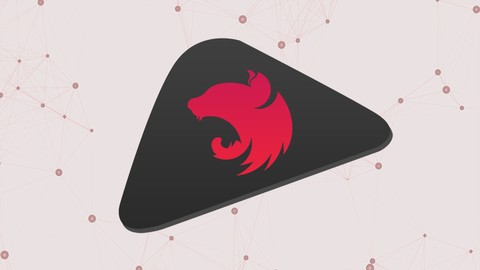
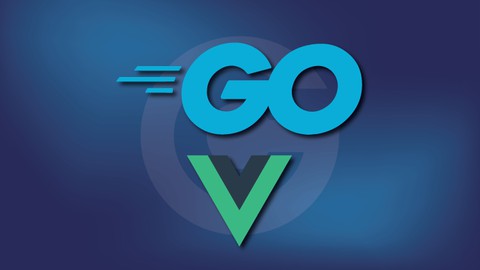
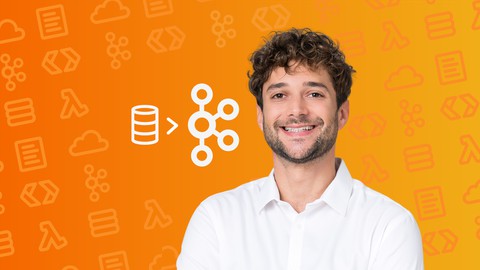




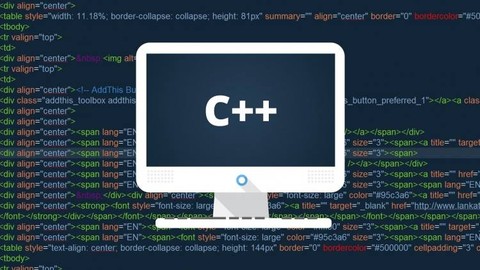
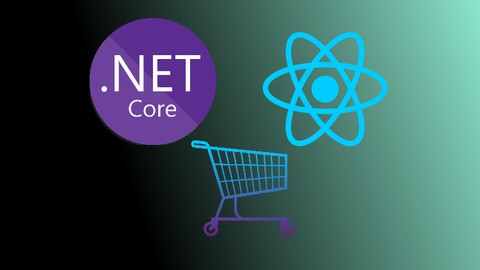

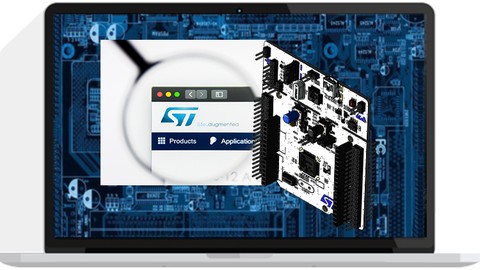


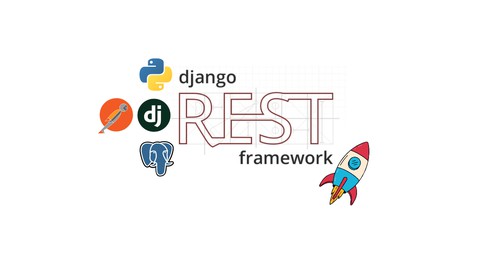
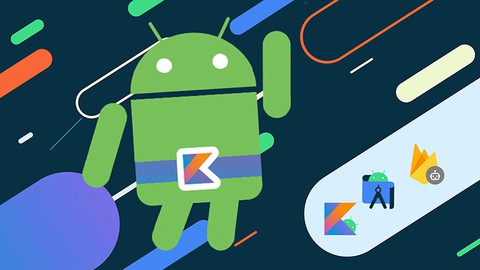
Đánh giá của học viên
Bình luận khách hàng